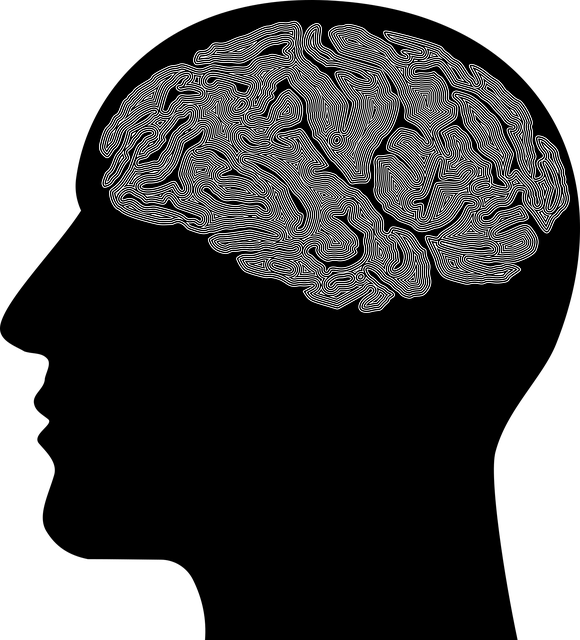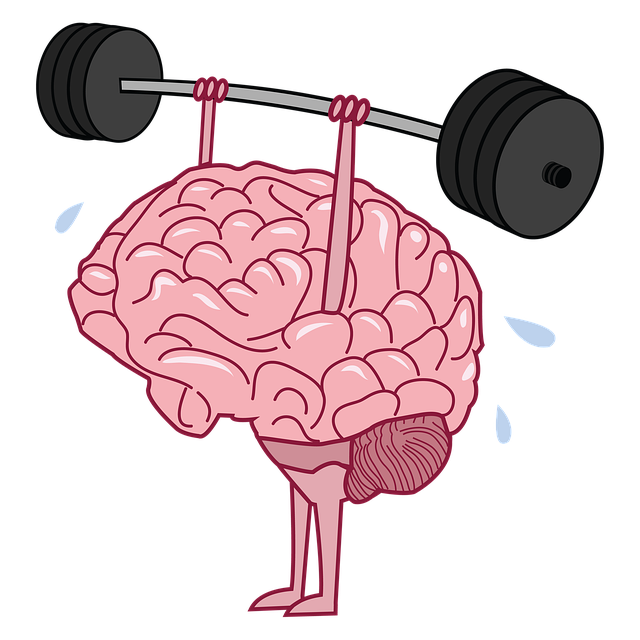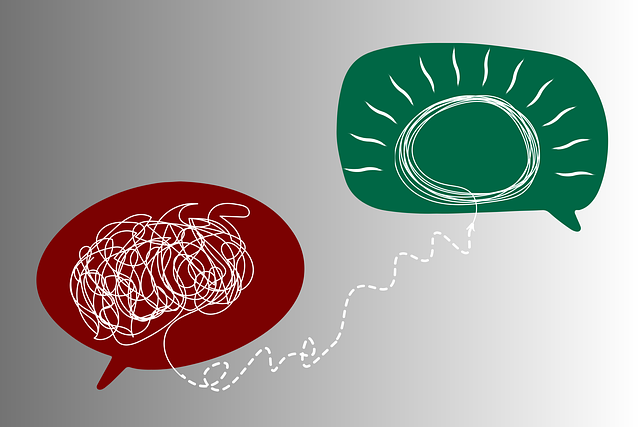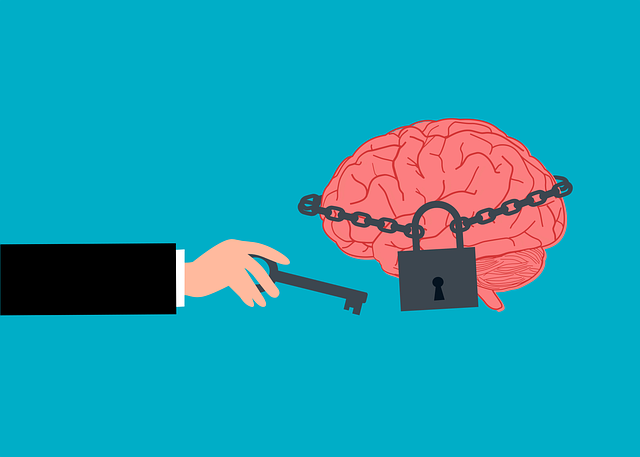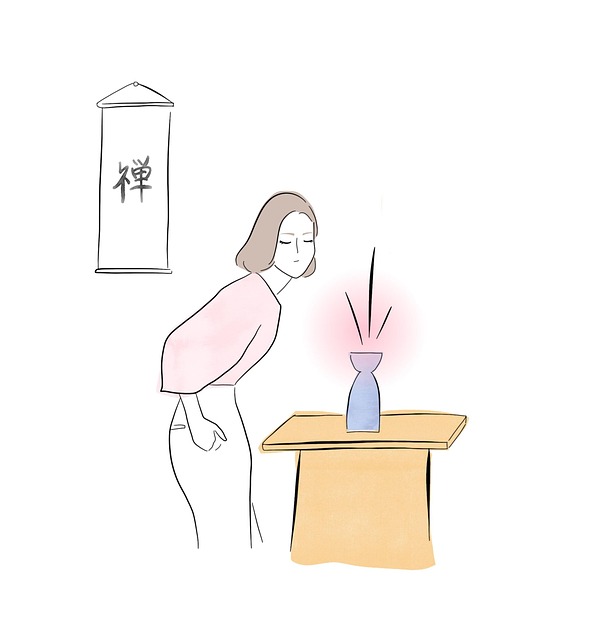Anxiety among new moms, often overshadowed by discussions of postpartum depression (PPD), is a "silent epidemic" causing excessive worry and disrupting daily life. Boulder offers specialized PPD therapy tailored for anxiety, using evidence-based practices like Cognitive Behavioral Therapy (CBT) to manage negative thoughts, interpersonal therapy to strengthen relationships, and cultural competency training for sensitive care. Effective management of anxiety alongside PPD involves practical strategies like mindfulness meditation, social skills training, and keeping a mental wellness journal. Combining these approaches with Boulder PPD therapy provides a comprehensive solution for new mothers' mental health.
In the challenging journey of new motherhood, anxiety can often creep in, affecting many mothers. This article explores powerful strategies to manage anxiety, with a focus on practical techniques for daily life. We delve into the impact of anxiety on new moms and highlight effective therapy approaches specifically tailored for postpartum depression in Boulder. By combining understanding, science-backed methods, and local resources, this guide aims to empower mothers to navigate their mental health journey with resilience.
- Understanding Anxiety and Its Impact on New Moms
- Effective Therapy Approaches for Postpartum Depression in Boulder
- Practical Strategies for Daily Anxiety Management
Understanding Anxiety and Its Impact on New Moms

Anxiety among new moms is a prevalent issue that often goes unnoticed, given the widespread focus on postpartum depression. This silent epidemic can manifest as overwhelming worry, fear, or discomfort, significantly impacting a mother’s daily life and ability to bond with her baby. The transition into motherhood comes with numerous physical and emotional changes, and for some, these adjustments can be challenging to navigate.
Boulder offers specialized postpartum depression therapy tailored to address anxiety disorders, social skills training, and emotional intelligence-building techniques. These evidence-based practices help new moms develop coping strategies to manage their symptoms, improve mental health awareness, and foster stronger connections with their support systems. By recognizing the signs of anxiety early on, mothers can access the resources they need to create a more peaceful and enjoyable postpartum experience.
Effective Therapy Approaches for Postpartum Depression in Boulder

In Boulder, effective therapy approaches for postpartum depression (PPD) have been tailored to meet the unique needs of new mothers. Cognitive Behavioral Therapy (CBT) is a widely recognized method that helps individuals identify and change negative thought patterns and behaviors contributing to PPD. This evidence-based practice has shown remarkable success in reducing symptoms by teaching practical coping strategies and self-care practices to enhance resilience.
Additionally, interpersonal therapy focuses on improving relationships and social connections, which play a pivotal role in recovery. By fostering empathy building strategies between mothers and their support systems, this approach addresses the isolation often experienced during PPD. Furthermore, healthcare provider cultural competency training is integral to ensuring sensitive and effective care, especially considering the diverse backgrounds of Boulder’s community. This comprehensive training equips professionals with the skills to offer tailored support, making therapy more accessible and culturally responsive for all mothers seeking help for postpartum depression in Boulder.
Practical Strategies for Daily Anxiety Management

Managing anxiety effectively is a crucial aspect of maintaining good mental health, especially for new mothers who might be dealing with postpartum depression alongside anxiety. The journey to better mental wellness begins with adopting practical strategies into daily routines. One powerful tool is self-awareness exercises. Through mindfulness meditation or simple breathing techniques, individuals can learn to recognize and accept their feelings without judgment, a skill that empowers them to navigate anxious moments.
Incorporating social skills training can also be transformative. Building connections and engaging in social interactions foster a sense of belonging and support. Additionally, keeping a mental wellness journal is an excellent way to process emotions and track progress. Journaling provides guided exercise for introspection, allowing one to reflect on triggers, understand patterns, and gradually develop strategies to manage anxiety symptoms, all while receiving the necessary Boulder postpartum depression therapy.
For new moms experiencing anxiety or its related conditions like postpartum depression in Boulder, understanding and managing these feelings is vital. Combining effective therapy approaches with practical daily strategies can significantly enhance well-being. If you’re seeking support for postpartum depression therapy in Boulder, remember that help is available, and taking proactive steps towards better mental health is a powerful first step.





